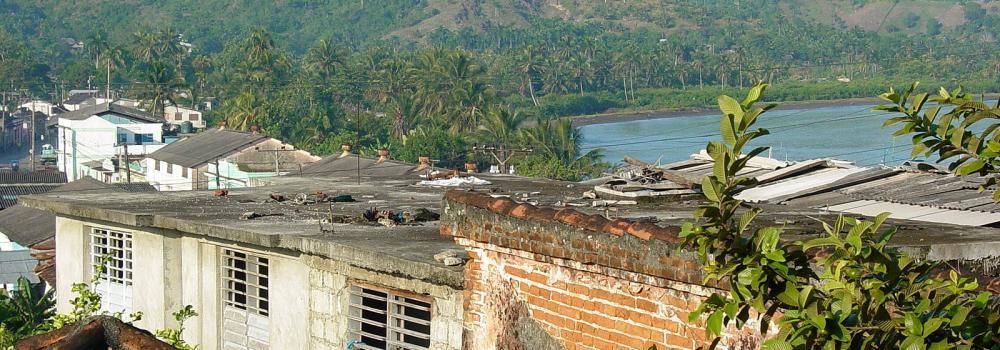
Overview
In Cuba, environmental education is integrated into a variety of governmental and non-governmental environmental protection efforts. Cuba's main legal framework for environmental protection, Law on the Environment (Law 81), includes a chapter devoted specifically to environmental education, and the Cuban Ministry of Science, Technology, and Environment oversees environmental education efforts at the national level. Non-governmental organizations, universities, and informal science education institutions offer environmental education programming and professional development opportunities. Environmental education is supported both by governmental and non-governmental funding. Cuba is an active member of the Ibero-American Network of Environmental Education.
Policy & Practice
National Legislation
Various Cuban national policy documents relate to environmental education. Article #27 of the Constitution of 1976 – which was modified after the Rio Summit in 1992 – states that it is the duty of Cuban citizens “to contribute to the protection of the water and the atmosphere, and to the conservation of the soil, flora, fauna, and all the rich potential of nature”. Chapter 7 of Cuba’s Law #81 (Law on the Environment (1997)) which represents the country’s main legal framework for environmental protection, is dedicated specifically to Environmental Education (see Articles 46-56). Other pieces of national legislation relevant to environmental education include the National Environmental Strategy (2016-2020), the National Program of Education for Sustainable Development (2016-2020), and the National Program for Environment and Development.
EE in K-12 Education
Environmental education is a cross-cutting issue throughout the Cuban K-12 curriculum, and included holistically across subject areas. This dimension of the curriculum is currently being updated. Cuban students may also engage in complementary activities and vocational training related to environmental education.
Professional Development
In Cuba, environmental educators may engage in university postgraduate courses (MS/PhD) in Colleges of Education. Environmental educators in Cuba may also have university degrees in Biology, Geography, and Agronomy, and complete further environmental education training. Environmental Educators may complete training courses through the Association of Cuban Pedagogues (APC) and the National Environmental Training Network. In addition, a number of non-governmental associations in Cuba offer capacity building and training opportunities in environmental education, including the Martin Luther King Jr. Centre, The Antonio Núñez Jiménez Foundation for Nature and Humanity (FANJ), and others.
Leadership
Professional Associations
Although Cuba does not have a national association specifically devoted to environmental education, there is a chapter within the Association of Cuban Pedagogues (APC) dedicated to environmental education. On a regional level, Cuba is active within the Ibero-American Network of Environmental Education, which organized one of its Congresses in Cuba. Cuba is also linked with other regional research networks, and organizes a bi-annual convention on Sustainable Development and Environment that includes a Congress specifically dedicated to Environmental Education and involves hundreds of international participants.
EE in the National Government
Within the national government, the Ministry of Science, Technology, and Environment has a department of Environmental Education that leads government-level environmental education efforts (see also: http://www.medioambiente.cu/).
National EE Campaigns and Funding
In Cuba, environmental education is funded primarily by the government as part of the core funding of the activities of its various agencies. Non-governmental organizations also engage in fundraising and apply for international grants and projects. National-level projects funded by the United Nations generally include a percentage of funding dedicated to environmental education training and activities. Besides national governmental environmental and forestry funds, environmental education funders are limited.